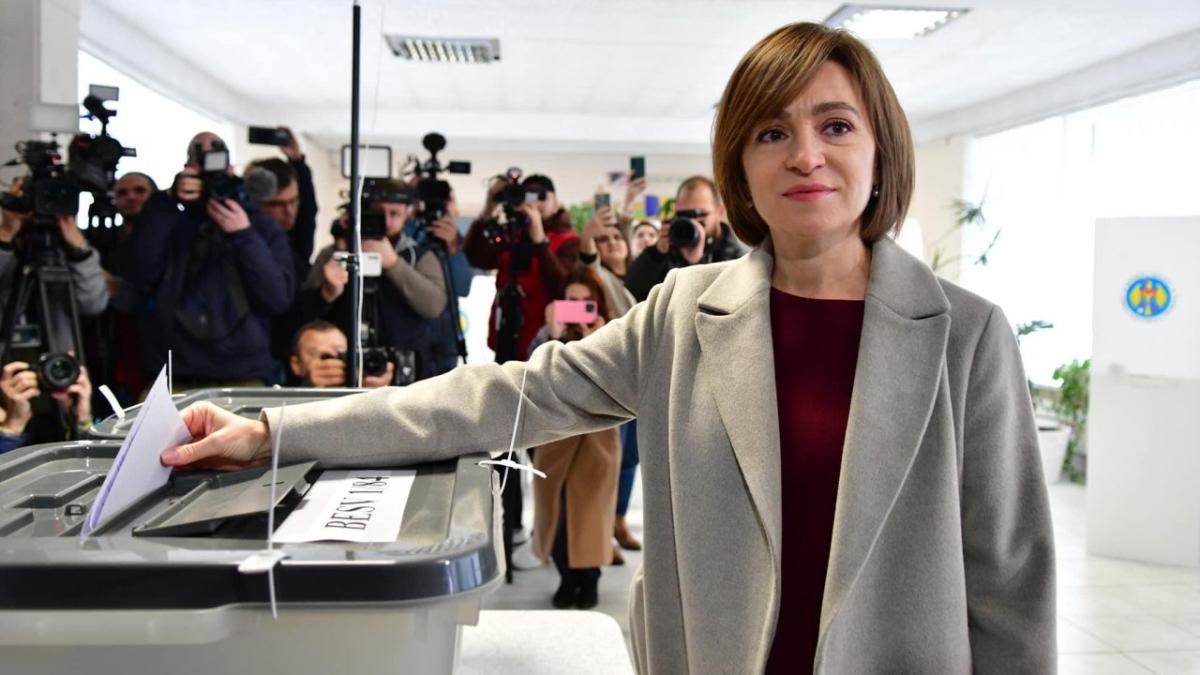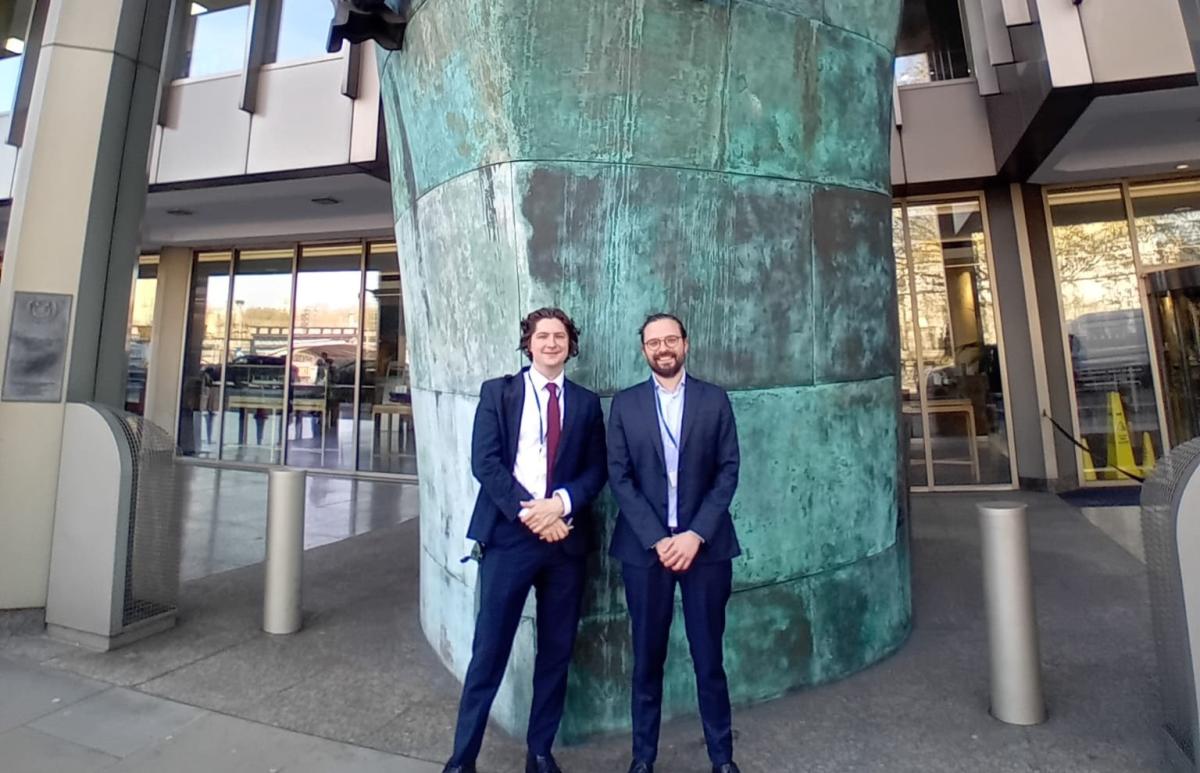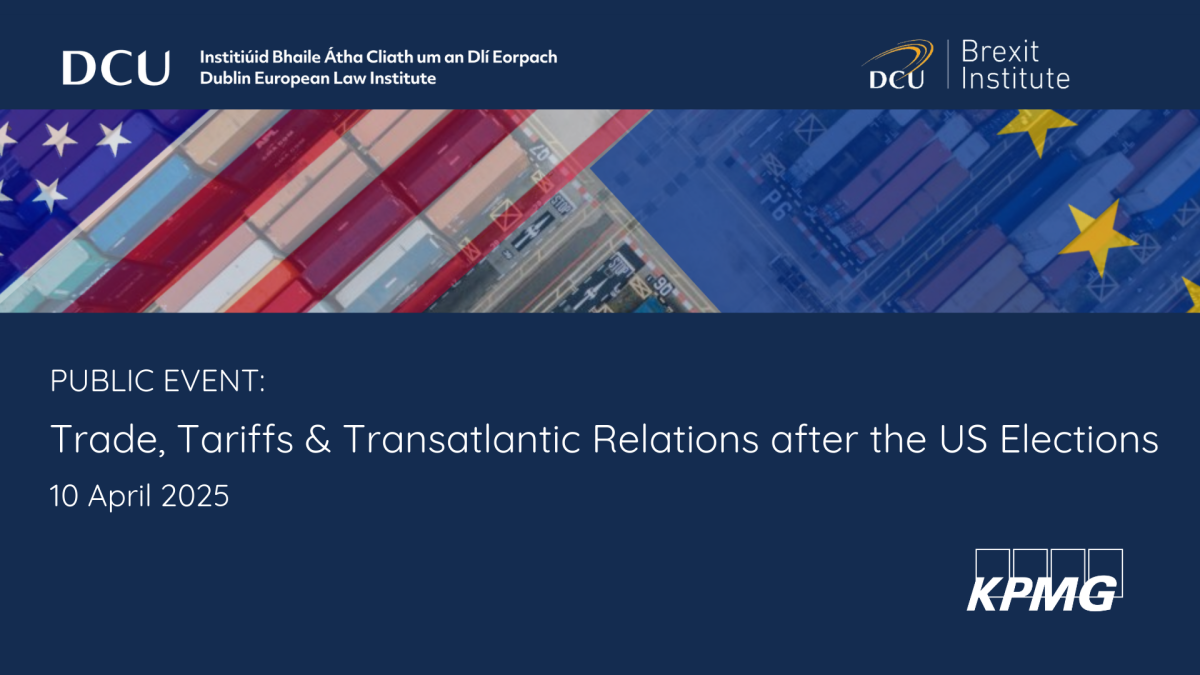
Donnacha Ó Beacháin (Dublin City University)
Why a referendum?
An unnecessary referendum that seeks to put to bed a national debate on EU membership - what could go wrong? On Sunday, Moldovans went to the polls and almost rejected a constitutional amendment designed to consolidate the country’s path to the European Union. Why was the vote so close? Is it so hard to persuade one of Europe’s poorest countries to join the continent’s richest club? As David Cameron discovered, political opponents can exploit a referendum for all sorts of reasons, some of which have little to do with the proposal at hand.
There are, of course, some obvious differences with the Brexit referendum. For one thing, Moldova isn’t part of the European Union. Secondly, the referendum was not a plebiscite on membership (although it has been presented as such in some quarters) but rather a vote to embed in the constitution Moldova’s aspiration to join. In theory, this would make the country’s journey to the EU irreversible and stop a less enthusiastic successor government from backtracking. In truth, it does neither of these things. As demonstrated in the case of Georgia, another EU candidate from the post-Soviet region, the path to membership is neither guaranteed nor unidirectional, and depends very much on the national government of the day.
Moldova’s drift towards Europe
Before 2022, EU membership seemed a pipe dream. However, Russia’s full-scale invasion of neighbouring Ukraine transformed attitudes towards Moldova’s future in the European Union. Brussels quickly became more receptive, not least because it feared Moldova might be next on Putin’s list of targets. Within four months of the attack on Kyiv, Moldova’s application for candidate status was approved. The country’s Europhilic president, Maia Sandu, set a target of 2030 for accession.
A photo-finish
However, far from consolidating the pro-EU narrative in Moldova, the referendum result was touch and go until the very end. With just over half the electorate turning out – over 1.5 million voters in all - the difference between victory and defeat was fewer than 12,000 votes. A clear majority of people living in Moldova rejected the proposal and it was only brought over the line by the votes of the diaspora. These made up one seventh of total ballots and were almost 4 to 1 in favour of the amendment. There is also the question of how the polling stations were distributed in foreign countries. There were 9 polling stations in Ireland but only 2 in Russia. Given that each polling station can only issue a maximum of 5000 ballots this effectively limited the Moldovans living in Russia from voting in greater numbers.
The result confirmed the deep fissures in Moldovan society. The regions of Gagauzia and Taraclia, composed mainly of ethnic Gagauz and Bulgarians respectively, rejected by margins of more than 90%. Although the separatist region of Transnistria is considered part of Moldova’s national territory, Sandu was no doubt relieved on this occasion that very few people living there cast a preference.
Election interference
The referendum and presidential election campaigns were marred by interference from Russia and its proxies, which spent an estimated €100 million trying to influence voters. To put that figure in perspective, this represents about 2% of the Moldovan’s government annual revenue. Some of this was funnelled into bank accounts while cash mules were also used to bring money via the country’s only international airport. In a single day, Moldovan customs seized €1.5 million in cash from passengers, many of whom were of modest means and had only been in Moscow for a few days. According to the authorities, none of the passengers asked for “their” money back.
But while the Kremlin meddled in the referendum campaign, both directly and through proxies, it would be facile to suggest it bribed half of the electorate. Oppositions don’t usually win elections as much as governments lose them. Sandu’s administration and, indeed, its backers in Brussels, were too complacent in the righteousness of their cause. People the world over vote with their pocket - why should Moldova be different? Inflation exceeded 30% in 2022-23 and many people blame government rather than geopolitics.
It was short-sighted – selfish even - for Sandu to tie her own political fortunes to the much larger and more important issue of Moldova’s prospective EU membership. It was also unnecessary. EU membership negotiations are ongoing and are in no way dependent on a constitutional imperative. Sandu obviously hoped to boost her own re-election prospects by marrying it to the European integration project but the evidence suggests that instead of doing this she damaged the pro-EU referendum vote by linking it so ostentatiously with her administration.
What now?
On one level a victory is a victory, irrespective of the margin. After all, only 52.74% of Sweden’s electorate voted to join the EU and the UK opted to leave by a similar margin. But Moldova’s membership did not hinge on this referendum. In the short-term at least, the pro-EU brand has been gratuitously tarnished. More importantly, Maia Sandu faces a run-off on 3 November against the Socialist Party’s Alexandr Stoianoglo who hails from Gagauzia, where 95% of voters rejected the referendum. In the first round, Sandu led the field with 42% compared to Stoianoglo’s 26% but she will struggle to gain transfers from the eliminated candidates.
Bordering Moldova to the West is Romania, which advertises the benefits of EU membership. Whereas Romania’s GDP was only half the EU average in 2010 it surged to almost three quarters a decade later. However, many Moldovans struggle to survive and do not have the luxury of thinking long-term or geopolitically. Whoever provides some immediate financial relief can win their vote, and this is how the Kremlin exerts leverage. Many of those inclined towards a European future have already emigrated. For those left behind, the cost of living and meagre salaries are the overriding concerns. Promises of future benefits following reforms and eventual EU membership do little to keep the wolf from the door.

Donnacha Ó Beacháin is professor of international relations at the School of Law and Government, Dublin City University. His forthcoming book Unfinished Empire: Russian Imperialism in Ukraine and the Near Abroad will be published in March.



